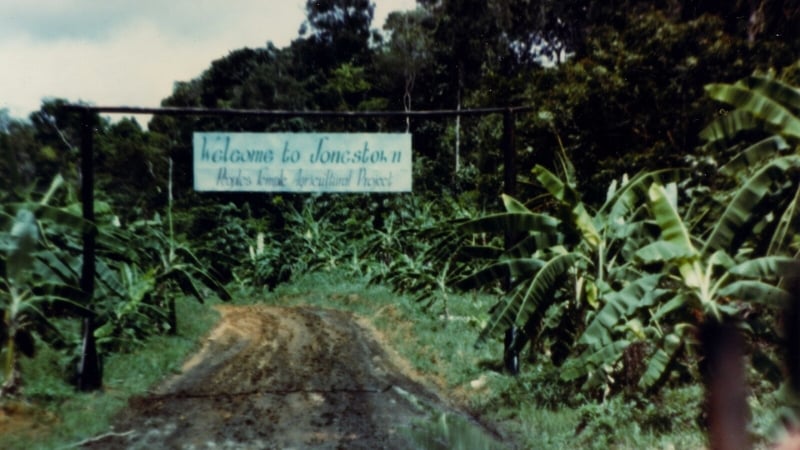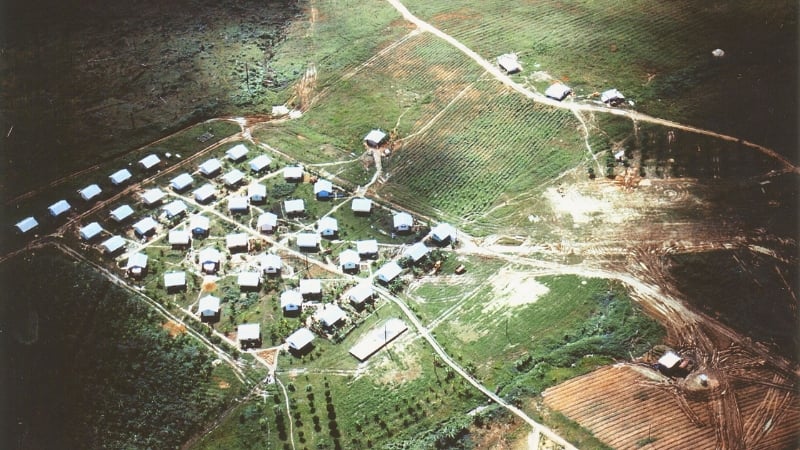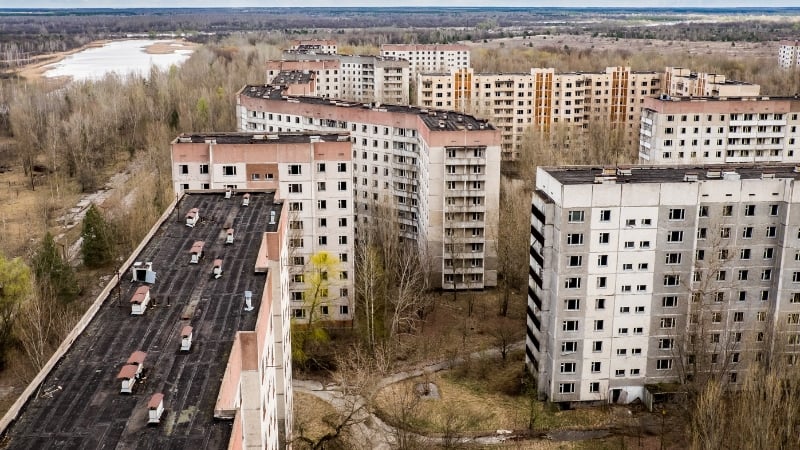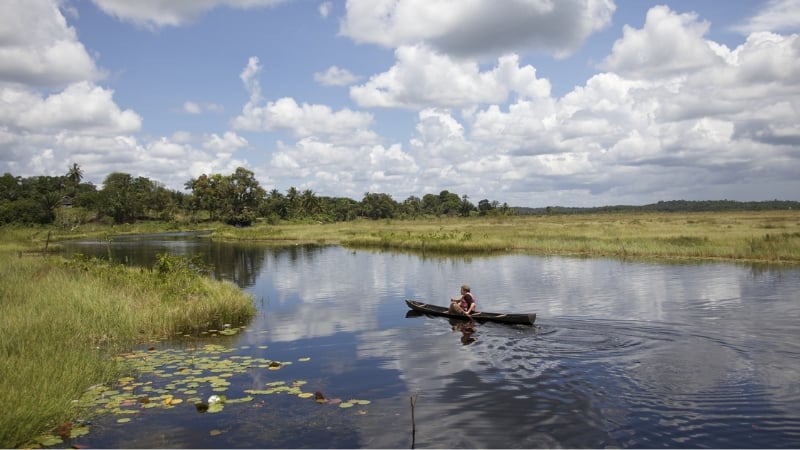After almost four decades, the site of the Jonestown Massacre in Guyana is set to reopen. Beginning in Jan 2025, visitors willing to pay US$650 (S$878) will have the opportunity to explore the location where over 900 people, including children, tragically lost their lives in 1978. While the concept is controversial, it also offers a chance for meaningful dialogue about history and humanity.
Also read: My Personal Experience at the Auschwitz-Birkenau Memorial and Museum
A Journey into History

Image credit: The Jonestown Institute | Official Website
Wanderlust Adventures, a Guyanese tour operator, is leading the initiative with support from the government. Their goal is to transform Jonestown into a space for education and remembrance, fostering understanding of the events and their broader implications.
The overnight tour begins in Georgetown, Guyana’s capital, and takes travellers deep into the country’s rural interior. Along the way, they’ll visit the Port Kaituma airstrip, another grim site tied to the tragedy. It was there that U.S. Congressman Leo Ryan and several members of an NBC News crew were gunned down by members of the Jonestown commune while attempting to leave after investigating its practices.
What Happened at Jonestown?

Image credit: Federal Bureau of Investigation | Public Domain
In 1978, Jonestown was a commune established by the People’s Temple, a religious organisation led by Jim Jones. Under his leadership, members faced human rights abuses, forced labour, food and sleep deprivation, and even imprisonment. The community’s story culminated in tragedy when Jones ordered his followers to drink a cyanide-laced beverage, resulting in mass deaths.
The massacre shocked the world and represented the largest loss of American civilian life in a deliberate act before the attacks on the World Trade Center in 2001.
The Appeal of Dark Tourism

Image credit: Tijuana2014 via Getty Images
For some, the idea of turning Jonestown into a site for tourism might feel unsettling. After all, this is not a recreational destination but a place of profound loss. However, others see value in visiting such locations to learn and reflect, aligning with the growing trend of dark tourism. Similar initiatives include tours of Chernobyl in Ukraine and former Nazi concentration camps in Europe, where visitors seek to understand the past and its lessons for the future.
A Complex Conversation

Image credit: 12019 via Pixabay
Visiting Jonestown will not be for everyone. It is more than a tour – it is an emotional, intellectual, and ethical experience. Those who choose to visit may gain a deeper understanding of the psychological forces that drive cult behaviour and the catastrophic consequences of unchecked power.
For Guyana, the tours may serve a dual purpose: educating visitors and reshaping the country’s narrative. Too often, Guyana’s association with Jonestown has overshadowed its rich cultural heritage, stunning landscapes, and warm hospitality. By opening Jonestown as a site for reflection, the nation may reclaim this painful chapter and channel it into meaningful dialogue.
Should You Visit?
If you’re considering a trip to Jonestown, it’s important to approach it with respect and a willingness to confront difficult truths. This is not a typical vacation destination but a space for learning and contemplation.
Also read: My Trip to The Most Radioactive Place on Earth: Chernobyl
For those with a curiosity for history and a desire to honour the memories of those who lost their lives, visiting Jonestown might offer a transformative experience. And perhaps that’s what makes this endeavour – though deeply challenging – worthwhile.





